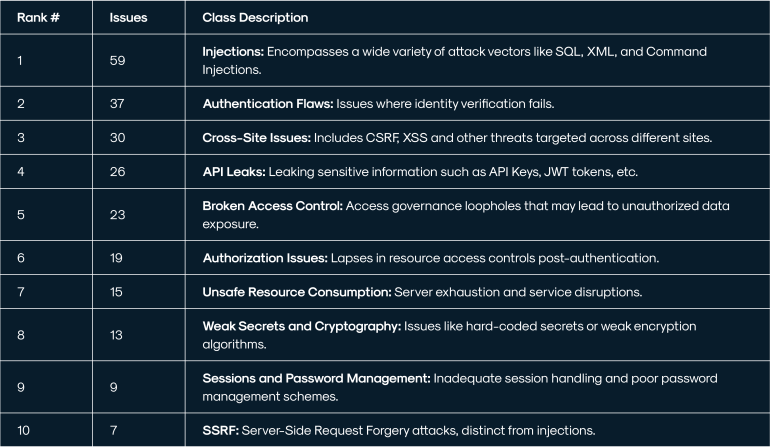"Navigating the World of Financial Aid and Loans: A Comprehensive Guide for Students"
#### Financial Aid and LoansIn today's educational landscape, understanding financial aid and loans is crucial for students seeking to fund their college ed……
#### Financial Aid and Loans
In today's educational landscape, understanding financial aid and loans is crucial for students seeking to fund their college education. With rising tuition costs and the increasing burden of student debt, many students are left wondering how to navigate the complex world of financing their education. This guide aims to break down the essentials of financial aid and loans, providing clarity and direction for prospective students.
#### What is Financial Aid?
Financial aid refers to any form of monetary assistance that helps students pay for their education. This can come in various forms, including scholarships, grants, work-study programs, and loans. Unlike loans, which must be repaid with interest, scholarships and grants are essentially free money that does not need to be paid back. Understanding the different types of financial aid available is the first step in securing funding for your education.
#### Types of Financial Aid
1. **Grants**: These are typically awarded based on financial need and do not require repayment. Federal Pell Grants are a common form of grant for low-income students.
2. **Scholarships**: Offered by various organizations, scholarships are awarded based on merit, need, or specific criteria such as academic performance, extracurricular involvement, or community service.

3. **Work-Study Programs**: These programs allow students to work part-time while attending school, helping to cover educational expenses. The earnings from these jobs can be applied toward tuition or living costs.
4. **Loans**: This is where financial aid and loans intersect. Loans are borrowed money that must be repaid, usually with interest. They can be federal or private, with federal loans generally offering more favorable terms and lower interest rates.
#### Understanding Student Loans
When considering financial aid and loans, it is essential to understand the different types of student loans available:
- **Federal Student Loans**: These loans are funded by the government and typically have lower interest rates and more flexible repayment options. They include Direct Subsidized Loans, Direct Unsubsidized Loans, and PLUS Loans for parents and graduate students.
- **Private Student Loans**: Offered by banks and private lenders, these loans can have higher interest rates and less favorable repayment terms. It's crucial to carefully compare options and read the fine print before committing to a private loan.

#### How to Apply for Financial Aid and Loans
The process of applying for financial aid and loans usually begins with the Free Application for Federal Student Aid (FAFSA). Completing the FAFSA is essential for accessing federal grants, loans, and work-study programs, and many states and colleges also use it to determine eligibility for their own aid programs.
Here are the steps to follow:
1. **Gather Necessary Documents**: Before starting the FAFSA, collect your financial information, including tax returns and bank statements.
2. **Complete the FAFSA**: Fill out the application online. Be mindful of deadlines, as they vary by state and institution.
3. **Review Your Financial Aid Offer**: After submitting the FAFSA, you will receive a financial aid offer from your chosen schools. This will outline the types and amounts of aid you are eligible for.

4. **Accept Your Aid Package**: Decide which types of aid you want to accept and follow the required steps to finalize your financial aid.
#### Conclusion
Navigating financial aid and loans can be overwhelming, but understanding the various options available to you is essential for making informed decisions about funding your education. By taking the time to research and apply for financial aid, you can alleviate some of the financial burdens of college and focus on what truly matters: your education and future career. Remember, the earlier you start the process, the better your chances of securing the funding you need.